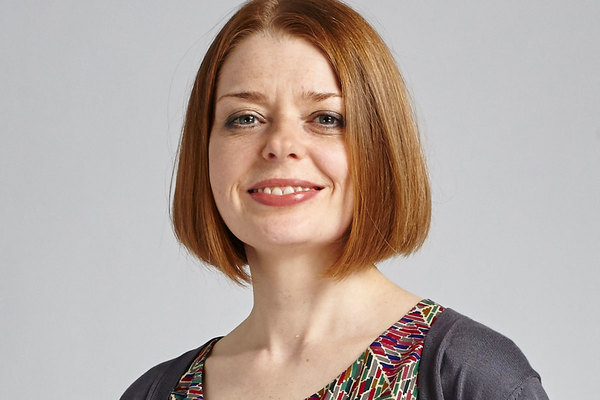Published:

Heriot-Watt's pioneering work on destitution is to be discussed by a leading human rights practitioner from the United Nations (UN).
Professor Philip Alston, the UN's Special Rapporteur on extreme poverty and human rights, will meet with academics as part of an official visit to the United Kingdom to investigate the government's efforts to eradicate poverty.
The United Kingdom is one of the richest countries in the world, but millions of people are still living in poverty there.
Professor Alston will meet with Professor Suzanne Fitzpatrick and Professor Glen Bramley from the Institute for Social Policy, Housing, Equalities Research (I-SPHERE), together with Dr David Webster from the University of Glasgow, on Friday 9 November.
As part of the visit, they will discuss the work of I-SPHERE, which uses global research to drive change for people affected by extreme disadvantage.
Professor Suzanne Fitzpatrick, said: “At I-SPHERE our focus is on using world-class research to help drive real change for those affected by destitution and homelessness and we have contributed to government policy as well as local authority strategies to help tackle these problems.
“Earlier this year, we played a central role in developing the plans for £21m of government funding to secure permanent homes for those who are either living in temporary accommodation or at risk of homelessness.
“Our work continues to contribute to change for the better across the UK but these issues of extreme poverty and disadvantage affect many countries. As a society we need to work together to eradicate destitution homelessness and I'm delighted Professor Alston has chosen to meet with the Heriot-Watt team to learn more about our research.”
The Special Rapporteur will be visiting England, Northern Ireland, Scotland, and Wales, and meeting with people affected by poverty, government officials, civil society organisations, and academics. He will be looking into the effects of austerity measures, local government funding cuts, the roll out of Universal Credit, child poverty, the implications of Brexit on poverty, and the impact of an increasingly digital government on the most vulnerable.
“The United Kingdom is one of the richest countries in the world, but millions of people are still living in poverty there,” said Professor Alston.
“I have received hundreds of submissions that make clear many people are really struggling to make ends meet.”
The visit by the Special Rapporteur is meant to provide him with additional information on the situation on poverty and human rights in the UK.
Professor Alston's final report on his visit will be available in spring 2019 and will be presented to the Human Rights Council in Geneva in June.
By Craig McManamon
For media enquiries contact:
0131 451 8099
c.mcmanamon@hw.ac.uk